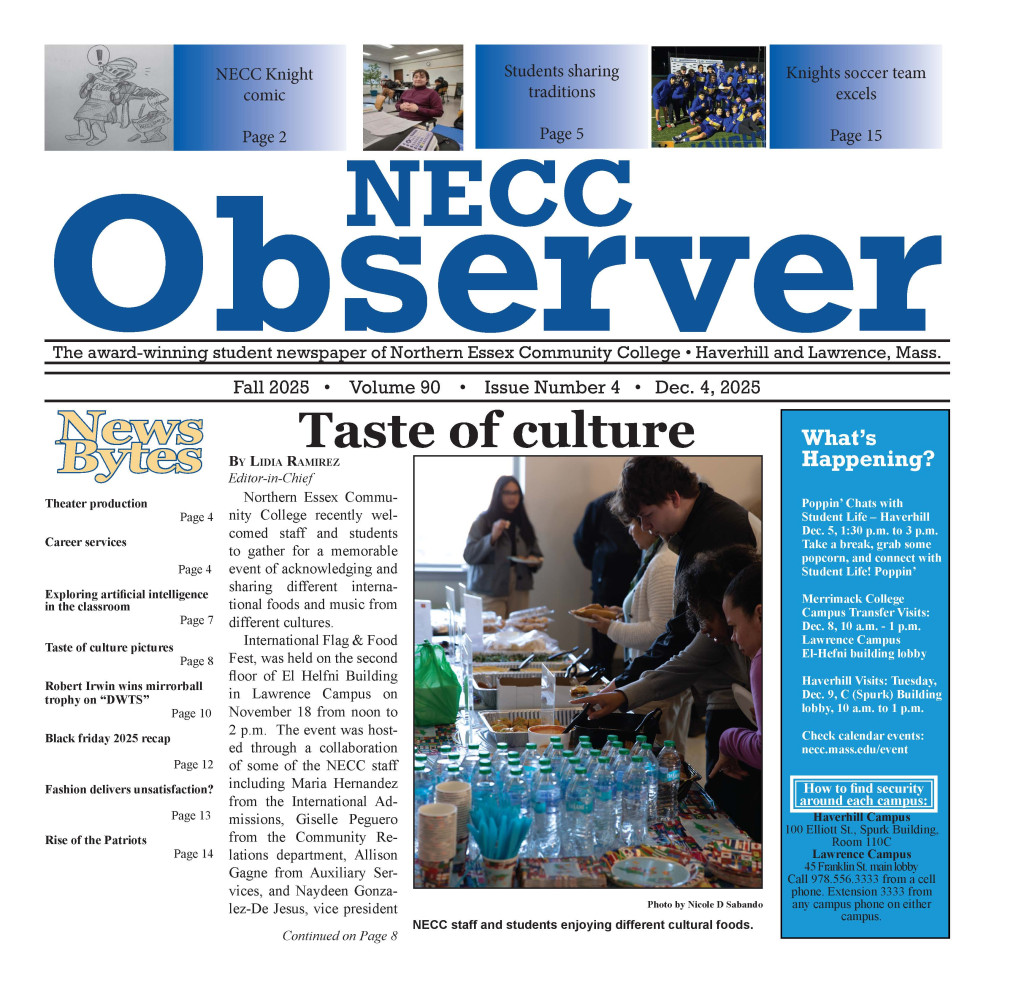It’s not always important for your writing to be clear. The thing that’s important, for a journalist, is to know why, sometimes, it should be clear, and why sometimes it doesn’t need to be — because it really, really needs to be in a newspaper. The vast majority of people in the vast majority of cases can get by with writing that’s just okay. This writing might contain errors, or confusing paraphrases, or sentences that, technically, mean something very different than the thing they intended to say.
When you’re writing for a small audience — one person or a handful of people — and you know that audience, or at least know pretty much what kind of people they are, and you know they’ve got a lot in common with you, you can often trust that they’ll fill in the blanks correctly. You can trust that they’ll recognize your voice and insert what they already know about your opinions. You can trust that they’ll bring their own expertise on the topic to unpick ambiguities. And, vitally, you can trust that they’ll ask you to clarify when they can’t work it out, or when they’re not sure they’ve worked it out correctly.
That’s why it’s never really a problem that most people are just okay — or even quite bad — at writing. When your audience will ask “What did you mean?” and you can reliably respond, you don’t need to craft exceptionally refined prose to move ideas from your mind to theirs.
It’s important for journalists to understand that exactly zero of those charities are available to them when writing for print. You cannot trust that a newspaper’s readers recognize your voice in your writing. You cannot trust that they share your basic values or knowledge or intuition. You cannot trust that they know the same idioms as you, and you absolutely cannot trust that you will ever get a chance to clarify.
Even if you publish a correction, the majority of your readers are never going to see it. They’re only ever going to get the wrong version of the story, and they’re never going to know to ask.
When you write for print, you’re always writing not just for people who share your general context, but for people who disagree with you, and will interpret you either to confirm their own view, or uncharitably to discredit yours; people who’ve never learned the first thing about concepts you’ve been getting comfortable with for your whole life; people whose first language isn’t English, and who don’t have nearly the same amount of practice as you in solving the puzzles of other people’s writing mistakes; people who come from another part of the country or the English-speaking world and use some parts of the language totally differently than you do.
(Did you know, for example, that the word ‘quite’ is usually meant to emphasize in American English — ‘quite good’ means ‘very good’ — but to diminish in UK English — ‘quite good’ means ‘kind of good, but not very?’ I used the word quite in the fourth paragraph of this piece. That makes the meaning of that paragraph kind of slippery, doesn’t it?)
Understanding this relationship between writer and reader — and understanding the way it can shift — is a valuable life skill in general, especially online. It helps to keep in mind that you can expect a different level of charity and understanding from your Facebook friends than a stranger on a forum, or in an email to a coworker, versus a client, versus your mom. Keeping it in mind will make you a more effective communicator — and, if you’re a journalist, keeping it in mind is a pretty good summary of your job description.

